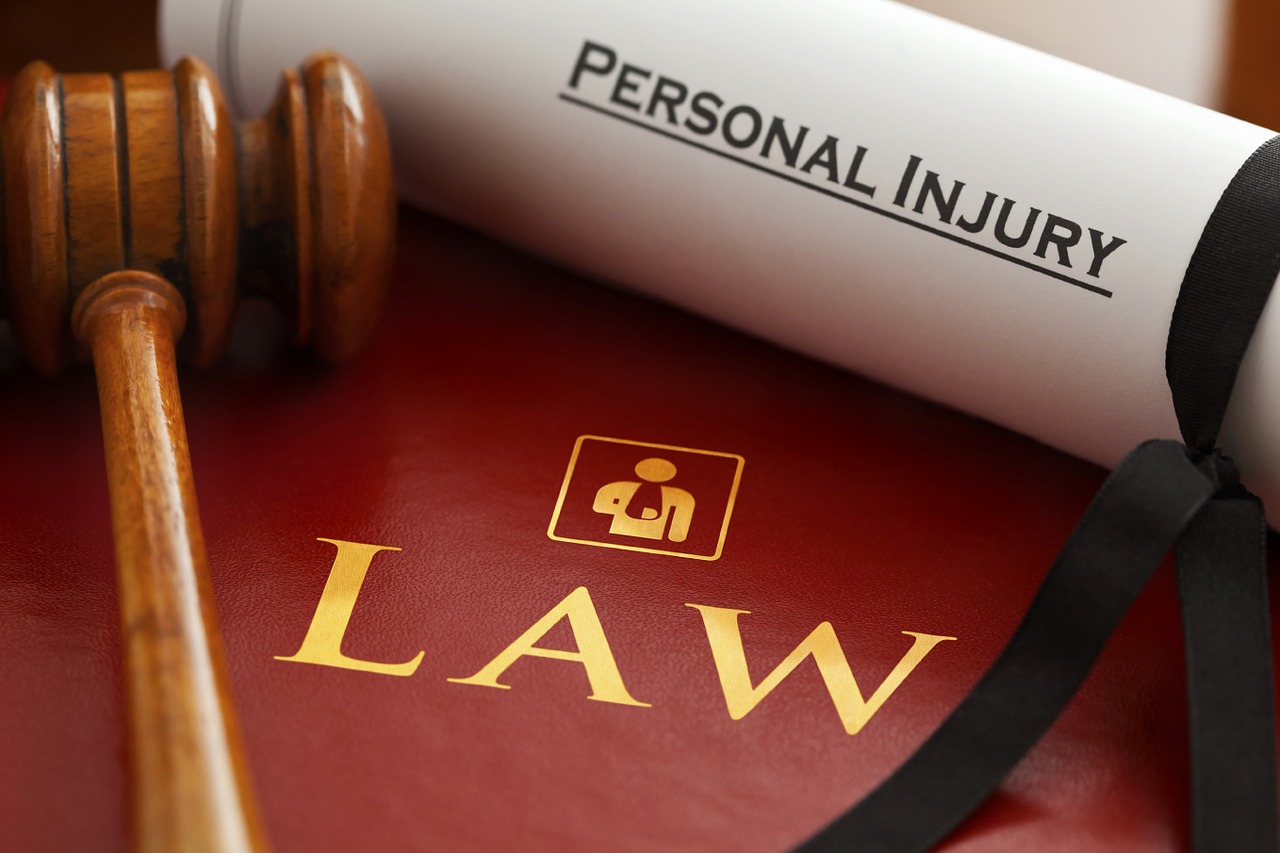
Personal injury law is a special category of tort law that protects the rights of individuals who have been injured due to the careless actions of others.
The key to success in a personal injury lawsuit is proving causation. That is, that the plaintiff suffered harm due to the defendant’s actions and that the harm was foreseeable.
Negligence
Negligence is a legal concept that comes into play when someone acts carelessly and causes harm to another. It can be intentional or unintentional.
To prove negligence, you need to establish four elements: duty of care, breach of duty, causation and liability. This can be tricky if there are multiple people involved in the case.
You must also prove that the breach of the defendant’s duty was the proximate cause of your injuries. For example, if you were driving a car at an intersection and the driver ran through a red light, this would be negligence because they failed to obey the law.
You can find out if you have a case by contacting an experienced personal injury attorney. They can provide you with legal guidance to ensure you have the best chance of success in your lawsuit.
Damages
Damages are the financial compensation you are entitled to when you file a personal injury lawsuit. The amount you are awarded depends on the specific damages you are able to prove to a jury or judge.
Economic damages are the costs you have incurred due to your injuries, including medical bills, lost wages, and property damage. You can also recover for other losses, such as emotional trauma and pain and suffering.
The value of your damages can be affected by the severity and type of your injuries, as well as your liability for the accident. Additionally, New York’s comparative fault laws reduce your compensation if you are found to be partially at fault for the accident.
Damages can also include punitive damages, which are designed to punish a defendant and deter them from acting in similar ways in the future. These awards are rare, but they can increase a jury or judge’s award several-fold. If you have been injured in an accident or other type of incident, consult with a Kingston personal injury lawyer to find out whether punitive damages might be available in your case.
Statute of limitations
The statute of limitations is a legal term that refers to the time limit for filing a claim after you have been injured. It varies from state to state, and depends on the type of case you have.
If you don’t file a claim by the deadline, your case is usually dismissed. However, there are some exceptions to this rule that may allow you to extend the period of time.
Among the most common is the discovery rule, which allows the statute of limitations to begin running when you discover or reasonably should have discovered that you were injured. This is especially helpful if you didn’t discover your injury immediately after it occurred.
The statute of limitations also applies to cases involving intentional torts, such as assault and battery. In these cases, the statute of limitations is one year from the date of the incident or arrest for the crime.
Attorneys
A personal injury attorney represents people who suffer injuries caused by the negligent acts of others. These can include car and truck accidents, slip and fall incidents, constructions mishaps, animal bites, defective products and medical malpractice.
Attorneys in this area also handle cases that involve defamation of character or reputation. They can pursue legal action to make the person who made the defamatory statement whole and discourage them from making similar statements in the future.
They will gather evidence and prepare interrogatories to ask the other party questions in writing. They may also request depositions.
